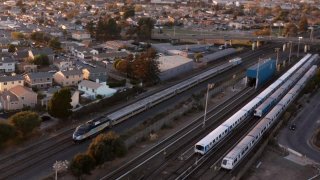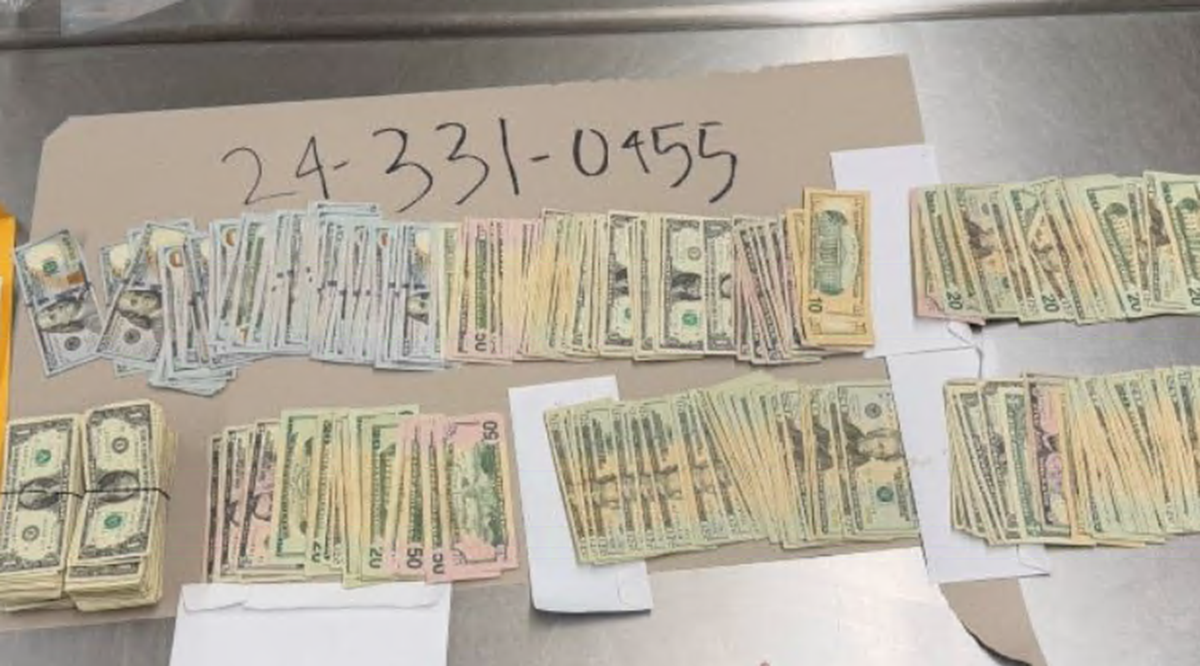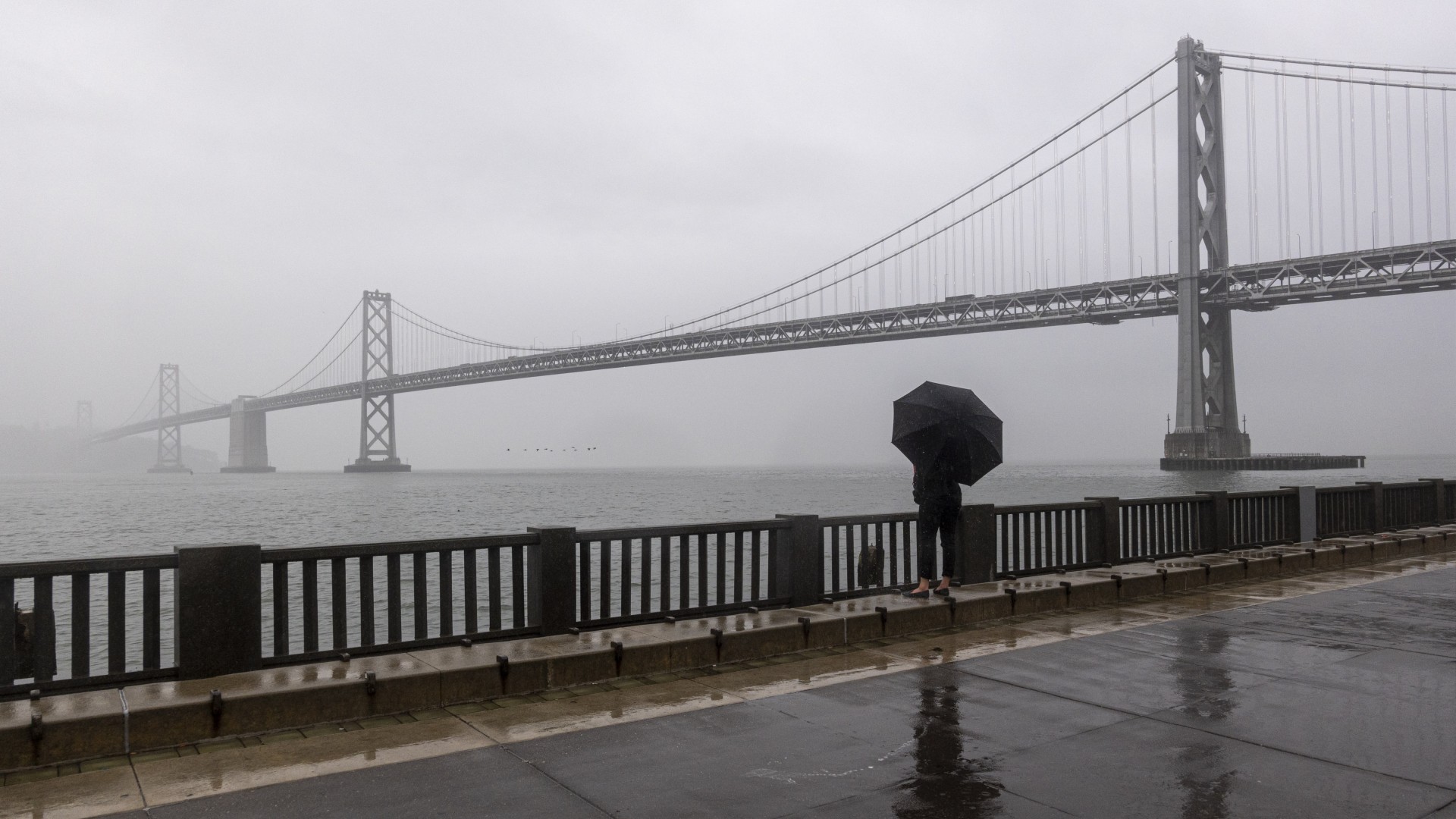
Contra Costa County residents are invited to share opinions, concerns and questions Thursday about Link21, a program introduced earlier this year by BART and Capitol Corridor that seeks to improve the rail network throughout the 21 counties in the Northern California region.
If all goes to plan, the program will produce a new transbay crossing between Oakland and San Francisco, expanded service in new areas and a greater interconnected system between regional public transportation services by 2040.
Still in its early stages of planning, organizers are inviting the public to provide input at a series of virtual workshops. Along with the first one held Thursday for Contra Costa County residents, the program will survey groups in Alameda County, San Francisco and Solano County during the month of June.
BART spokesman Jim Allison says the goal is to hear the public's priorities on transportation and initiate them into the plans accordingly. As the Bay Area grows in population size and expands to adjacent areas, the transit agency has already seen a greater need for more frequent service in some areas.
"What we're hoping to gather from people is what matters most to them," Allison said. "Is it reliability? Is it access to better quality jobs? Is it being able to leave your car and get farther on a train with a one-seat trip? There needs to be some value assessment at what are the values that people rate the highest, so that's why the workshops are important."
One major component to the program is adding on to pre-existing regional rail services.
Figuring out what literally drives people away from public transport and into their cars for commutes is another major component to these meetings, said Camille Tsao of the Capitol Corridor Joint Powers Authority.
Local
"We're just trying to reach out to as many people, as many diverse, different people, in our different audiences as much as possible, so we can really understand the full gamut of who could use our services," Tsao said.
So far, BART's $3.5 billion Measure RR bond approved by voters in 2016 funds the early stages of analysis and planning. More money from Regional Measure 3 approved by voters in 2018 and Capitol Corridor's state funds will begin to funnel into the project as well. Plan Bay Area 2050 estimates the project to cost $39 billion in 2040 dollars.
Get a weekly recap of the latest San Francisco Bay Area housing news. >Sign up for NBC Bay Area’s Housing Deconstructed newsletter.
Tsao said although only two agencies are leading the program now, they're backed by a series of partners and there's plenty of room for more agencies to take a greater role as the project develops. It's also important for the program to collaborate with short- and long-term projects throughout the region, she said.
"Link21 isn't the end all, be all," Tsao said. "There are a lot of different projects happening and we need to be coordinated and we need to make sure that we're all working towards the same overall vision for a better rail network."
At the core of their outreach is equity, Tsao said. Link21 designed "priority populations" based on groups that have been harmed or disregarded by transportation infrastructure projects in the past.
"Aside from the public workshops that we're starting this summer, we've already started something on the equity front," she said. "We call them 'co-creation workshops' and we've been working around the megaregion with community-based organizations in those areas to tell us who we should be working with."
The public can attend any workshop, though each are designated to a certain geographic region. All workshops will be held at link21program.org, and are accessible in English, Spanish and Cantonese.
People can also respond to a survey on the project at https://survey.link21program.org/goals.
Assistance to those with disabilities or limited English proficiency can be provided upon request, so long as inquiries are emailed to inquiries@Link21Program.org five days prior to the workshop.
Dates and times are as follows:
- West Contra Costa and Contra Costa County: Thursday, 6:30 p.m. Co-hosted by the West Contra Costa Transportation Advisory Committee and the Contra Costa Transportation Authority.
- Oakland and Alameda County: June 22, 6:30 p.m. Co-hosted by the city of Oakland.
- San Francisco and surrounding areas: June 28, 6:30 p.m. Co-hosted by the San Francisco Municipal Transportation Agency and San Francisco County Transportation Agency.
- Solano County: June 29, 6:30 p.m. Co-hosted by the Solano Transportation Authority.



